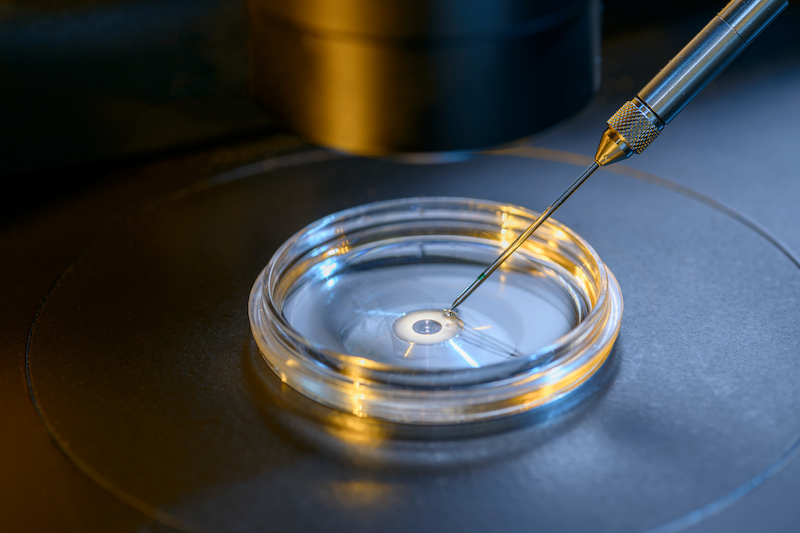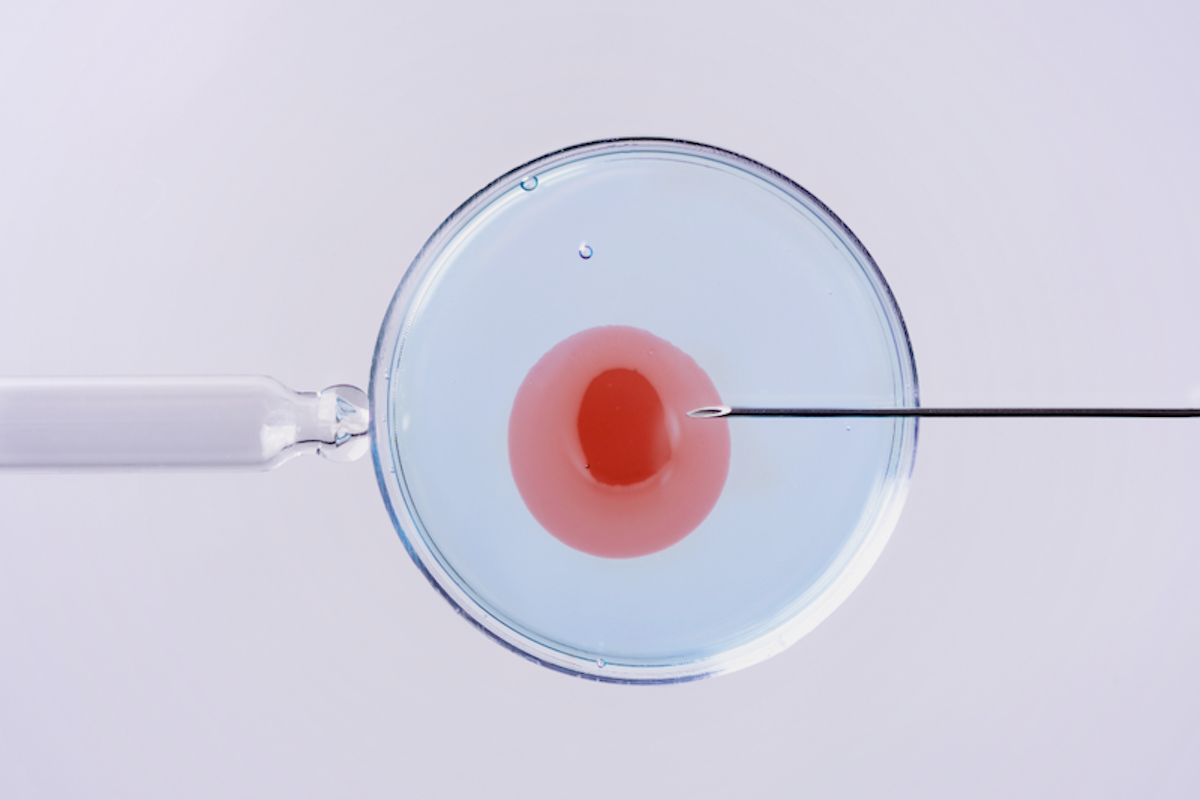Is it “normal” to see variability in the outcome of stimulation cycles (outcome being: number of eggs retrieved, number fertilized, and number that grow to become embryos)? What are some contributing factors to this variability?
—Anonymous
When reviewing IVF success rates with my patients, I frequently joke that even under ideal circumstances, we don’t have complete control of human reproduction yet, and IVF success rates reflect that. This question starts to get at why.
First, yes, it is completely normal to see variation in outcomes of IVF cycles in the same person. This is so frequently observed among reproductive endocrinology and infertility clinicians that it has sort of evolved into a mantra: every cycle is different.

A few well-designed studies demonstrate this by examining IVF protocols — the combination and doses of medications during IVF. The same IVF protocol was used in two of these studies, and in the third study, one of two different protocols was used. The authors found that the same person can have different responses to the same (or very similar) IVF protocol. Furthermore, these differences were not entirely explained by individual demographics, infertility characteristics, baseline predictors, or factors that can change between cycles (like BMI).
There are some inherent limitations in the way we are able to study this question. Namely, the people who undergo multiple rounds of IVF (with or without changes to their protocol) within a short amount of time are frequently those who need or want to, most commonly because they either had a poor outcome or were otherwise unable to achieve a pregnancy. So, this is not a random group, and therefore, we cannot completely rule out that there is something else going on in this group to cause the variation in outcomes.
Still, there is some evidence from biology for why this isn’t totally explained by individual circumstances. We know that eggs grow inside follicles, and these follicles develop during a menstrual cycle in waves through a process heavily influenced by hormones and changes within the ovary at that time. There may be differences in the follicle’s ability to respond to hormones depending on what else is going on in the ovary when it is developing, and these same hormones are used during IVF to make more than one follicle grow. This could also impact the ability of the eggs extracted during IVF to fertilize and develop into embryos.
Because we don’t have complete control, we don’t fully understand these differences, and there may be other factors that we currently lack the technology to study. But this does not mean that there aren’t things we can’t do differently, especially with the information gained from going through an IVF cycle. You should absolutely discuss each decision made during your IVF cycle with your doctor to see what was learned and explore any opportunities for changes to your protocol.
Community Guidelines


















Log in